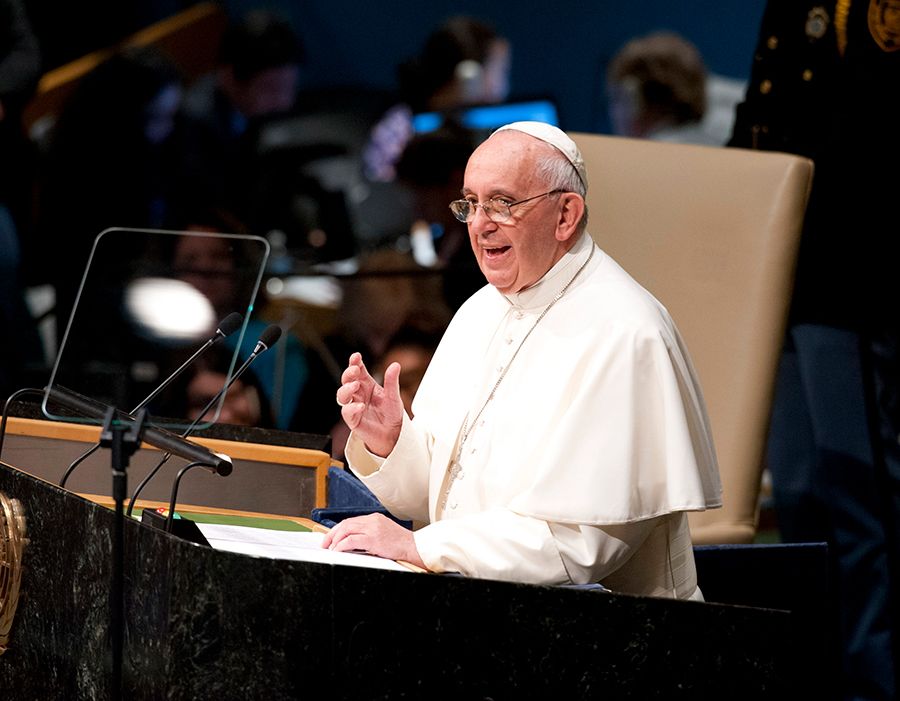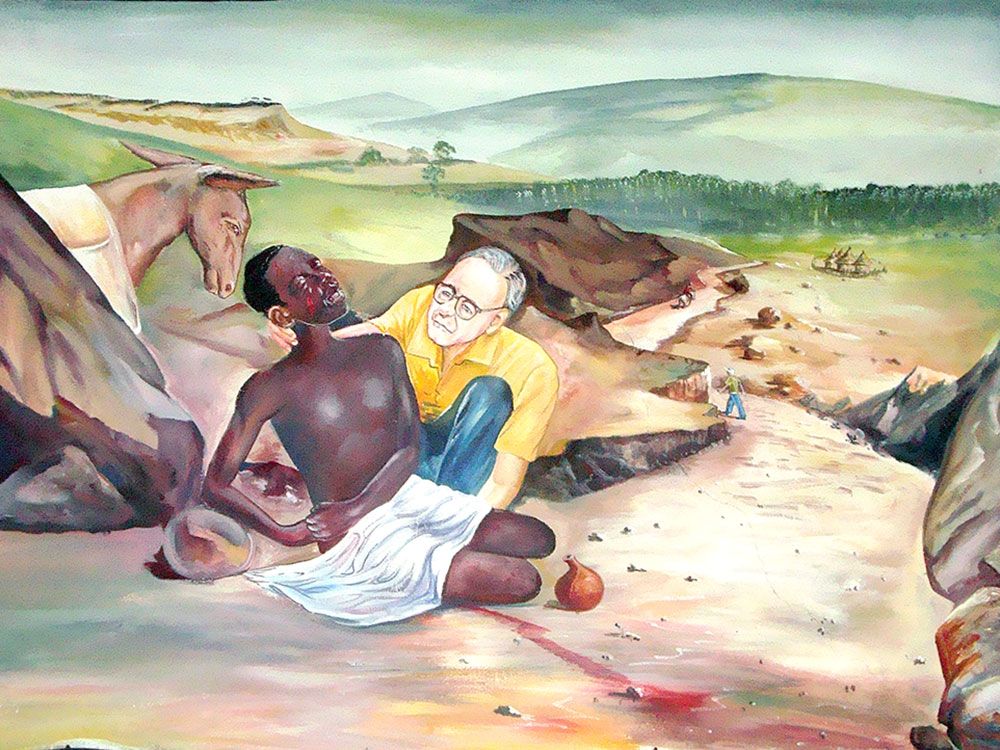Those who are new to Jesus are stunned by the passion and intensity that He puts into His words…words of dazing depth and several levels of meaning, with awesome relevance to human pain and amazing power to build confidence in human hearts. He uses local images and ways of argument with such color and sparkle that they cannot fail to win attention and plant conviction. He appeals to the inner urges of human beings in such a way that the hearers are compelled to weigh the challenges He proposes more by their enticing dimension than by their demanding harshness.
From his mouth, unpopular concepts like renunciation, cross, endurance, zeal, daring, and going to the ends of the earth, sound like a call for growth and an irresistible invitation to heroism. That is what makes the challenge to go and “announce from the housetops” (Mt 10:27) so compelling. And millions did go, and their message was received with enthusiasm in every land.
He Chose To Address A Wider Audience
In addressing the crowds, it is very clear; Jesus wanted His message to travel far. From the technician’s point of view, He took a position from where His voice could reach a good distance: a mountain slope, the hillside, the boat. He wanted the Good News to be announced from “housetops.”
Christian missionaries developed ways of spreading His Good News as widely as possible. All throughout Christian history, we notice a gradual but steady improvement in the methods of communication: the Good News was announced, written, printed, proclaimed on radio, the TV, and now communicated in diverse ways on the internet.
The fact that Bishop Fulton Sheen had four million TV viewers at one time reveals that the Church was fast making use of newly emerging possibilities. As the internet developed, the Vatican put all Church documents on the internet as early as 1995. Other Church agencies have taken similar initiatives. People are beginning to say that the future of humanity will be decided on the internet.
Not that we can ignore “folk media”. Being rooted in local cultures, they continue to be very popular forms of entertainment and education in rural Asia in spite of the expansion of modern media. Whether they are song or dance, theater or story-telling, puppet-show or musical, recitation or declamation, they are not as impersonal as mass media.
Jesus’ Concern For The Masses
However, no matter how skillful the presentation, it is the content that counts: Jesus’ concern for the crowds, the poor, the needy, the marginalized, the least privileged, the wrongdoer, He was always offering hope. What Pope Francis is asking his fellow-believers today is to do a bit of creative thinking in interpreting this concern to bring together individuals and communities that have lost their sense of belonging or have been excluded, so as to create a society founded on love and mutual respect.
Jesus’ reaching out seeks a reduction of tensions, narrowing of gaps, building of bridges, and bringing into existence a network of compassion, peace, and reconciliation. It promotes co-thinking about common projects that advance the cause of communion and lead ultimately to togetherness in Christ. Christian communication is therefore about constructing human relationships, generating hope and joy, evoking a sense of responsibility for the common good, and eliciting common commitment to humanity’s ultimate destiny.
Reach Out To Where Humanity Waits For Your Message
Apostle Paul reached out to synagogues, market-places, seaside, and festivities. His letters were read more widely than Plato and Aristotle. Missionaries like Patrick and Boniface met communities on the roadside and at tribal gatherings but their monks initiated education which led to progressive thought and modern attitudes. The Bible that Johannes Gutenberg popularized spread literacy and stimulated concepts of democracy and intellectual research.
Thus, today’s Christian communicators go beyond reporting Church-related matters and seek to instill a Christian spirit into the collective thinking of secular society. That is how the Gospel comes alive in public life and evangelical sensitivities are fostered in civil society. Bossuet is quoted as having said, “It is true I have not converted anybody. But I have converted public opinion, which means I have converted everyone.”
Digital Missionaries Win The World For Jesus
McLuhan’s predictions are coming true: the New Media would change our collective self-awareness and bring into existence a new self-consciousness as the human family. It would strengthen people’s sense of responsibility for world events, both for tragedies and for achievements. The world of co-thinking and relationships that Teilhard de Chardin spoke about (noosphere) seems to be emerging in ways unforeseen. Trillions of Websites link the world.
Today there are group blogs, corporate blogs, commercial blogs, and institutional blogs. You can educate, encourage, expose excellence, evaluate, and evangelize. Benedict XVI invited people to be digital missionaries, an attractive proposal for young Christians who are convinced of the Christian Message. Faith just spills over. In spite of all these advantages, Pope Francis reminds us of the irreplaceable role of person to person encounters (Evangelii Gaudium 127-28).






























